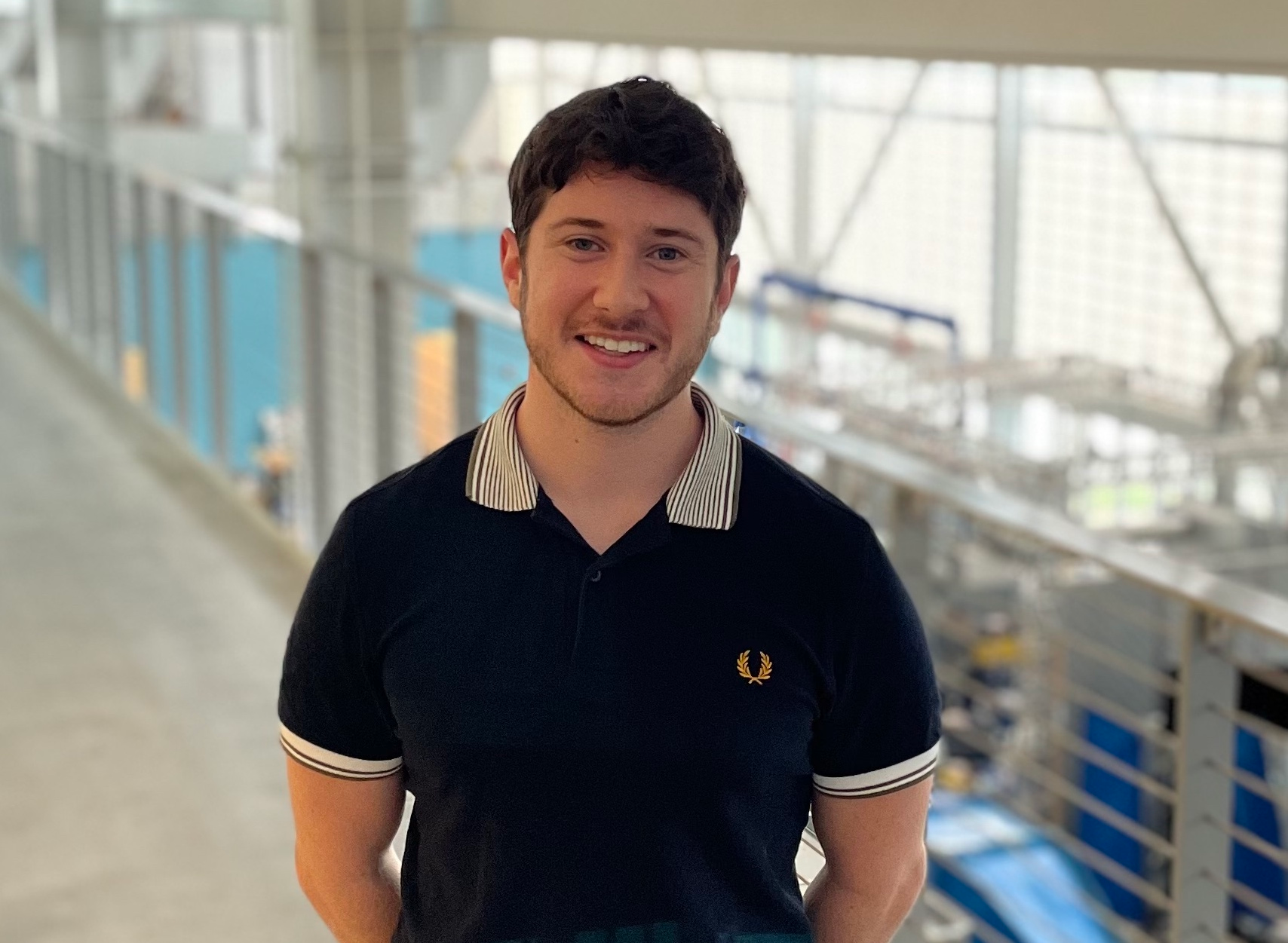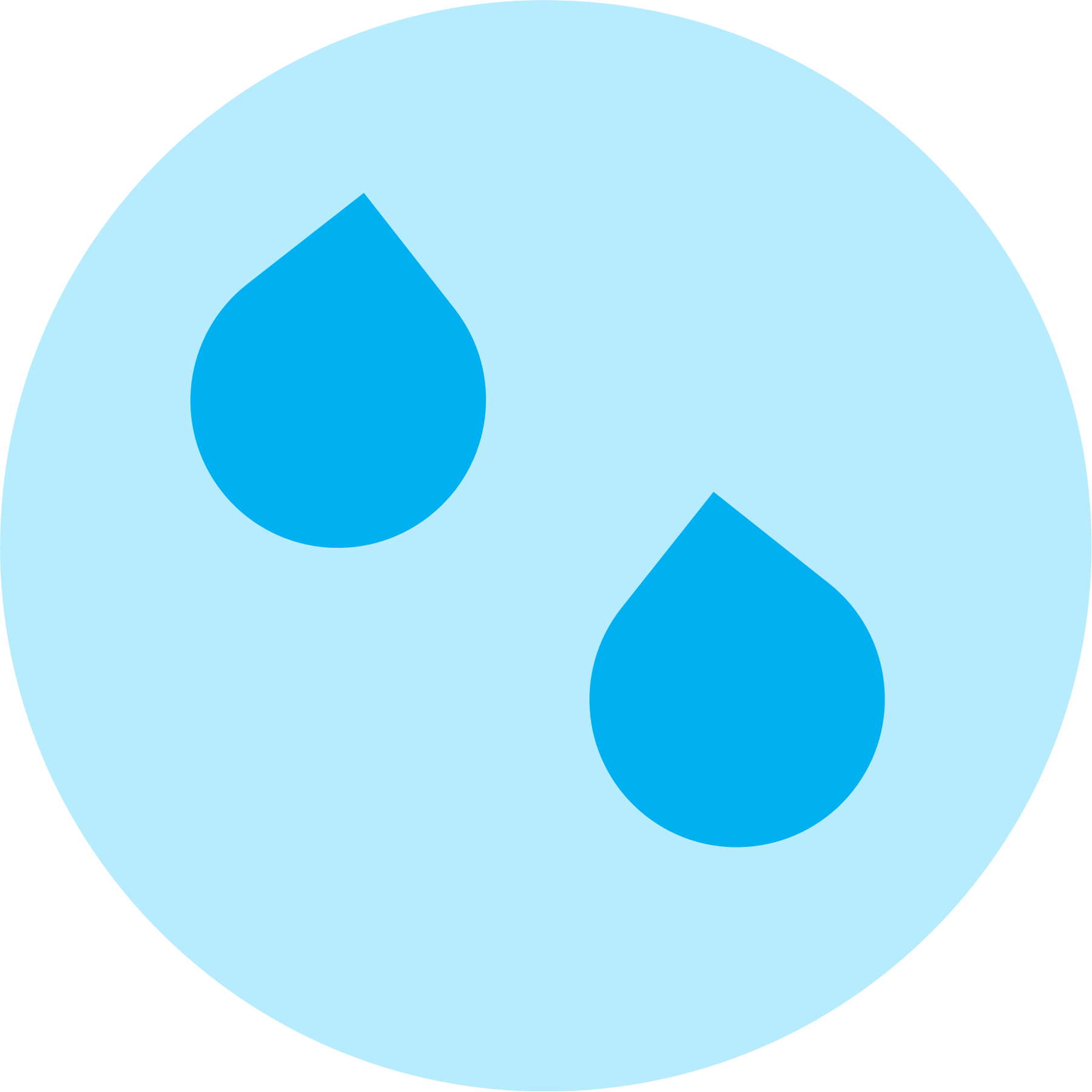ABOUT ME
Bio: Jordan Kocher is a Ph.D. candidate in Mechanical Engineering at the Georgia Institute of Technology. His research involves the theoretical analysis, materials characterization, and experimental demonstration of a new refrigeration and dehumidification cycle that uses lower critical solution temperature (LCST) mixtures. He received his B.S.E. in Mechanical Engineering in 2017 and his M.S. in Mechanical Engineering in 2019, both from Arizona State University. In 2020, Jordan was awarded the Innovation in Buildings (IBUILD) Graduate Research Fellowship for his LCST cooling concept and joined the inaugural IBUILD cohort. His LCST research has led to various publications and patent applications. His other projects involve desalination, atmospheric water harvesting, and a sodium thermoelectrochemical heat engine, as well as a thermal energy storage collaboration with the National Renewable Energy Laboratory.

Personal Statement: I am incredibly passionate about thermodynamics research and education. I am particularly interested in systems that deal with water, energy, or the intersection of the two. My first foray into this space came when I started researching new air conditioning technologies. As global warming intensifies, so does the need for cost-effective, efficient, and environmentally friendly cooling technologies. While many have recognized the need for new refrigeration cycles, less attention has been paid to dehumidification, despite the fact that dehumidification causes more global emissions than cooling. I’ve had the opportunity to research a new air conditioning cycle that I invented, during which I’ve learned about the thermodynamics of water. I’ve since branched out into research on other water and energy technologies (thermal storage, desalination, and atmospheric water harvesting). I love exploring the thermodynamics of a new system – from the fundamental theory to application and demonstration. I also think that it’s very important for thermodynamics researchers to incorporate economics into their research (known as thermoeconomics or exergoeconomics). While creating new thermodynamic systems is exciting, it’s important to me that I’m also evaluating their practicality and cost-effectiveness. And while I’m passionate about research, I care just as much about teaching. I believe that a strong intuition for thermodynamics makes it much easier to assess an existing technology, identify the origins of its shortcomings, and devise a better system. I worked to develop this intuition during my Ph.D. and am excited to pass it on to the next generation of students. I am also working to find new ways to conceptualize and teach thermodynamics concepts, like my work developing a circuit analogy for exergy.
MY LINKS
If you’re interested in any of my work, I’d love to get in touch! Please feel free to reach out through LinkedIn or email, both of which are linked below. I’ve also provided a link to my Google Scholar page for a comprehensive list of my publications, as well as a copy of my C.V.
Research funded by the Innovation in Buildings Graduate Research Fellowship
The IBUILD Fellowship is made possible by:
- DOE-Building Technology Office (BTO)
- Oak Ridge Institute for Science and Education (ORISE)
- Oak Ridge Associated Universities (ORAU)




